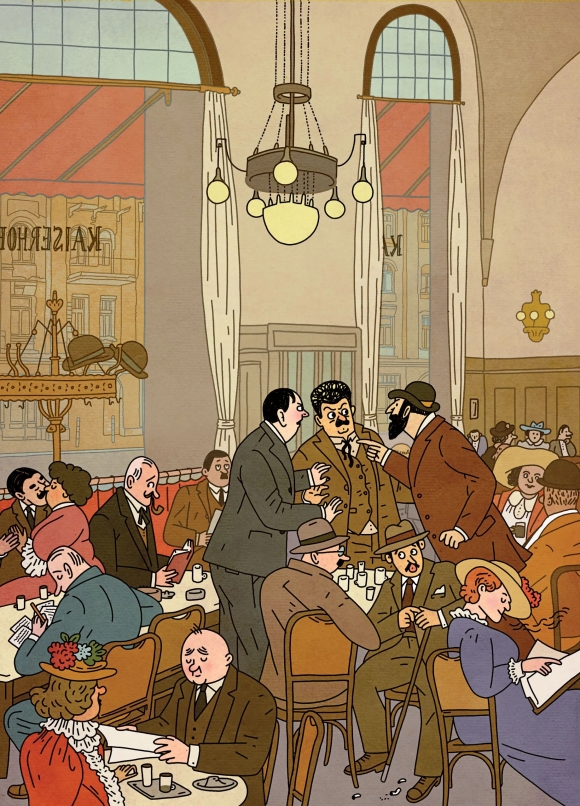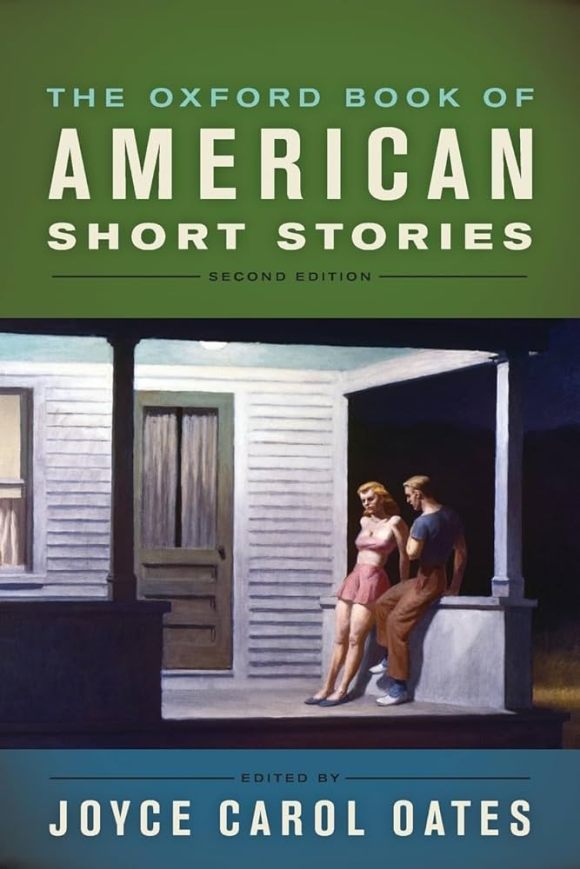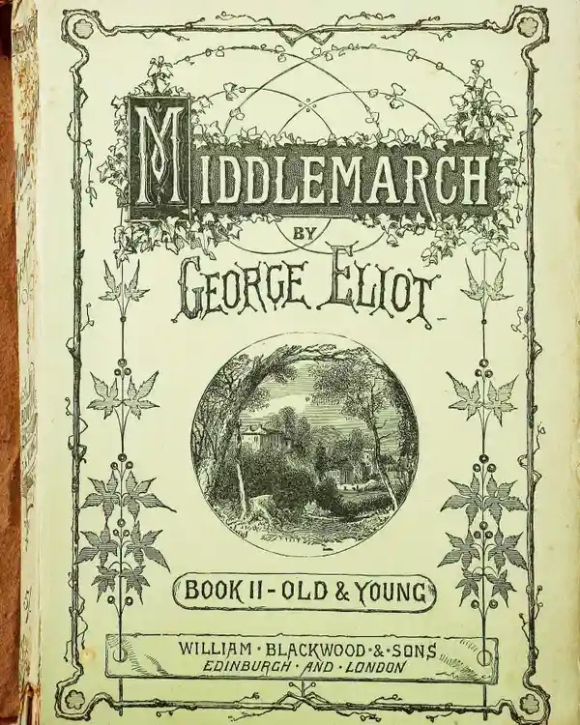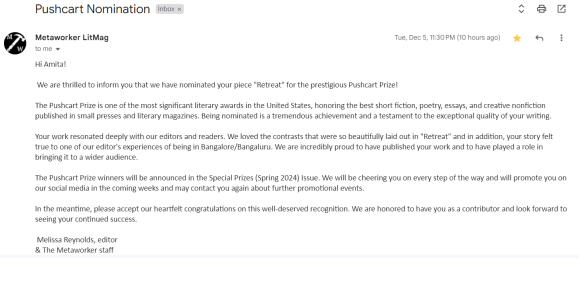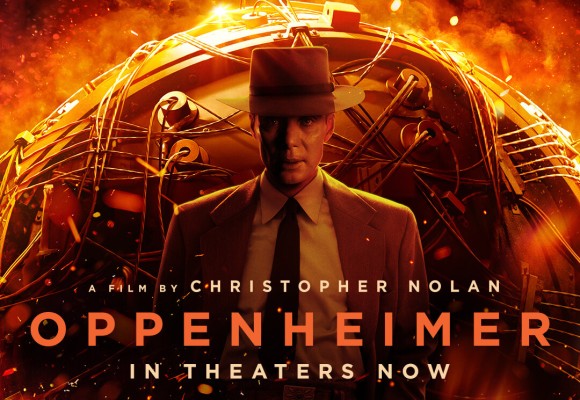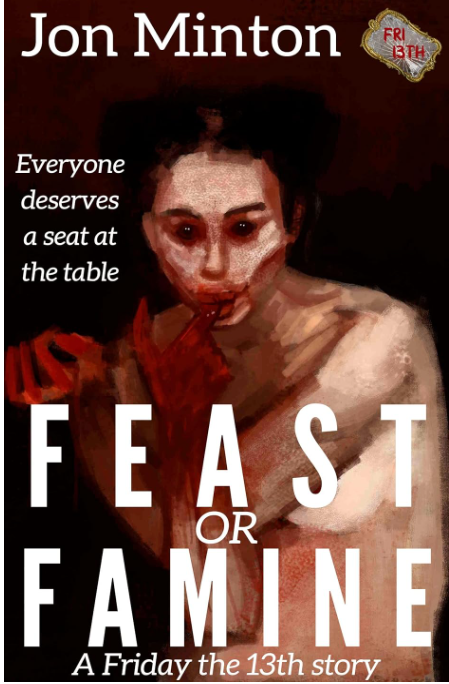Image Credit: https://www.desertusa.com/animals/jack-rabbit.html
Short stories from *The Sun* and other magazines; and a few stories from Vol. II of *Everything Change Climate Fiction.* The latter are beautiful, but depressing — as is fitting. I cheered myself up by rereading one of Dickens’s box-of-chocolate books of sketches. Highly recommend this pick-me-up.
- Samanta Schweblin’s “Birds in the Mouth” – The narrator and his wife, divorced, deal separately with their teenaged daughter’s unusual appetite. Sparely told, an astonishing story.
https://electricliterature.com/birds-in-the-mouth-by-samanta-schweblin/ - Samuel Barnhart’s “And a Humbug New Year” takes up the narrative after Dickens’s Ebeneezer Scrooge has a change of heart. “Humbug” captures a tragedy: most epiphanies fail to transplant back into everyday reality.
https://www.fabulaargentea.com/index.php/article/and-a-humbug-new-year-by-samuel-barnhart/ - Dulce Maria Cardoso’s “The Normal Life” is a narrative seemingly meandering, in fact artfully strophic: of the relationship between a woman, her daughter-in-law, and her granddaughter. The latter is our narrator, Eliete: who resists becoming either woman.
https://granta.com/the-normal-life/ - In Vedran Husic’s “Admir and Benjamin,” two boys form a friendship based on their exclusion. First-generation immigrants to the U.S., these Bosnian refugees soon go different ways, then reunite for tragedy.
https://www.jstor.org/stable/i24413806 - Latoya Watkins’s “Took us like we was all his” documents an elderly couple’s loneliness. The man is becoming demented; getting a dog was supposed to help.
https://www.thesunmagazine.org/issues/510/took-us-all-like-we-was-his - John Jodzio’s “The Narrows” is a magic-realist tale of two sisters who spend their time – and give back to society – in an unusual way.
https://www.thesunmagazine.org/issues/511/the-narrows - In Barbara Litkowski’s “Monarch Blue,” global famine has set in. Bridget, pregnant with an unwanted child, befriends Carmen who desperately wants a child. The two women work as pollinators: manually fertilising, on one of the world’s last few plantations, luxury foods for the elite. The pollen is artificially enhanced with carcinogenic chemicals. “Monarch Blue” lays bare suffering on every scale: personal, communal, and global. Its image of cream almond blossoms phosphorescing blue with pollen-clouds still haunts me.
https://csi.asu.edu/story/monarch/ - As the narrator in Sandra K. Barnidge’s “The Last Grand Tour of Albertine’s Watch” paddles around her flooded coastal town, she wonders about limits. Most other families have left town: each of them found its limits long ago. What will hers be? Climate-change tourism provides for her family, but intellectual property conflicts eat into their income. The ending reveals the narrator’s name: thus tying together the story’s threads, and offering one view of what’s just happened.
https://csi.asu.edu/story/albertine/ - Vajra Chandrasekera’s “Half-Eaten Cities” is written in quasi-Biblical style: many sentences start with conjunctions, there’s a sense of aeon-long timespans, and the narrator is “we,” not “I” – for reasons that soon become obvious. A fable told on the cusp between magic realism and science-fiction, “Cities” exposes picturesquely, unsentimentally the tragedy at the heart of climate change: it’s a law of nature that they who are most culpable and they who suffer are never the same.
https://csi.asu.edu/story/half-eaten/ - I reread Charles Dickens’s “Sketches of Young Couples.” This little book brings you, in a small package, the master’s remorseless observation, acid humour, and deep human sympathy.
http://www.gutenberg.org/ebooks/916
Enter your email ID for weekly updates about new articles and stories.

